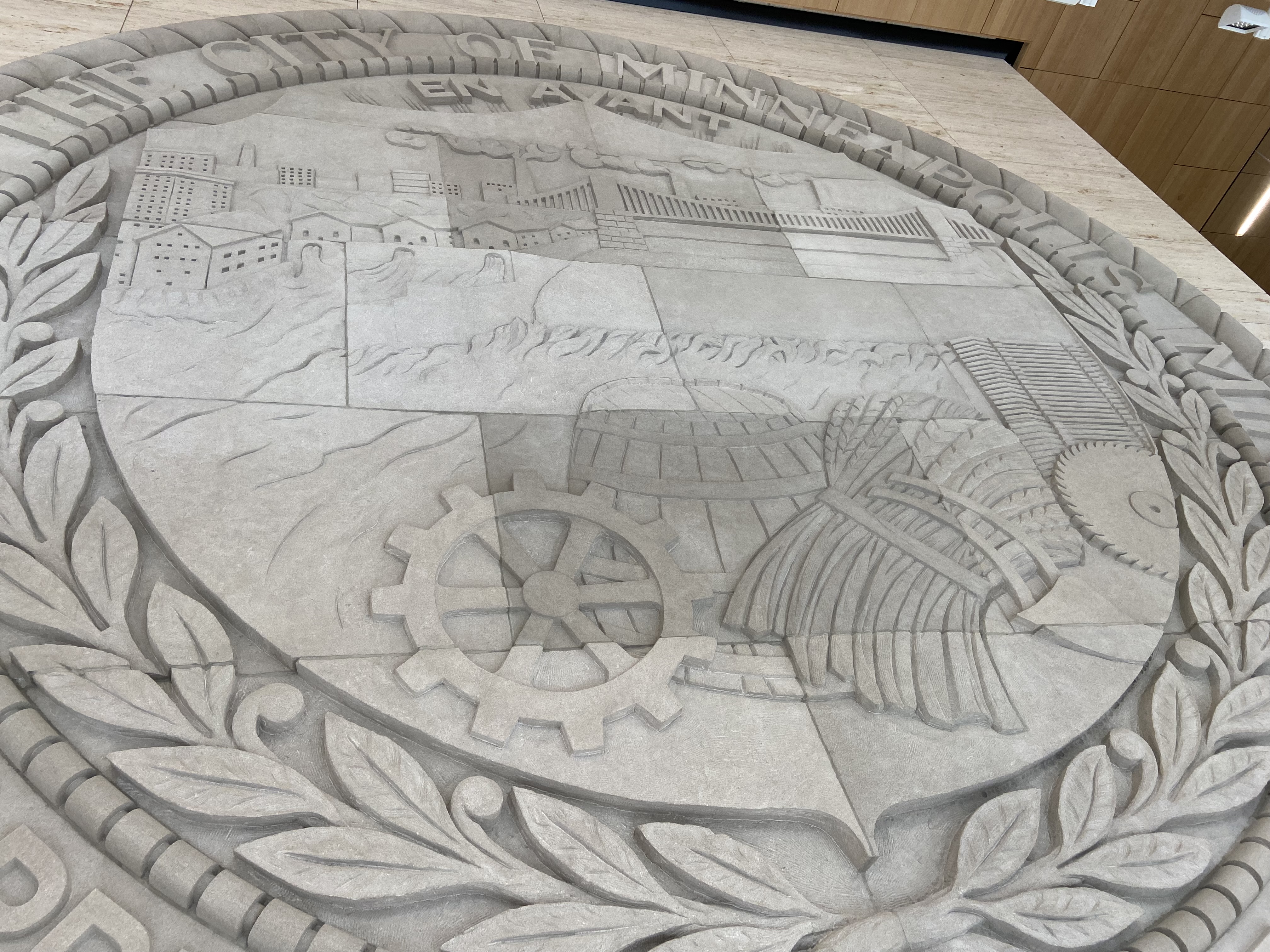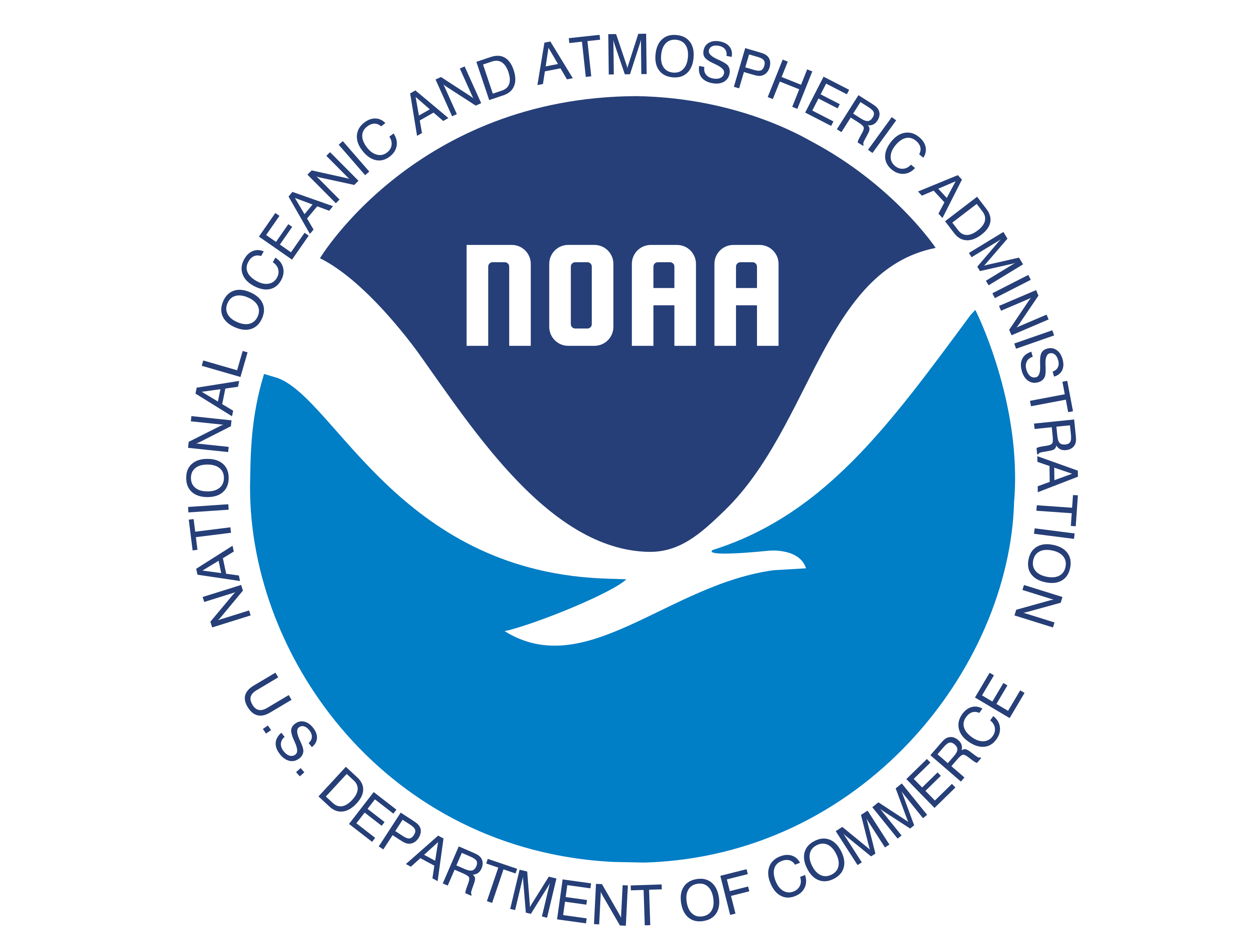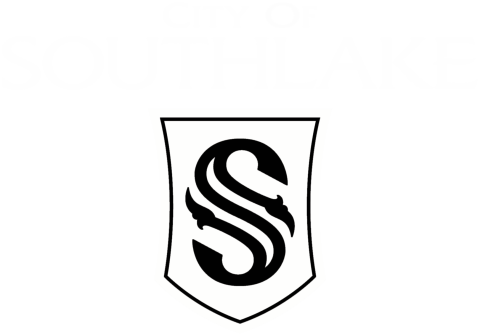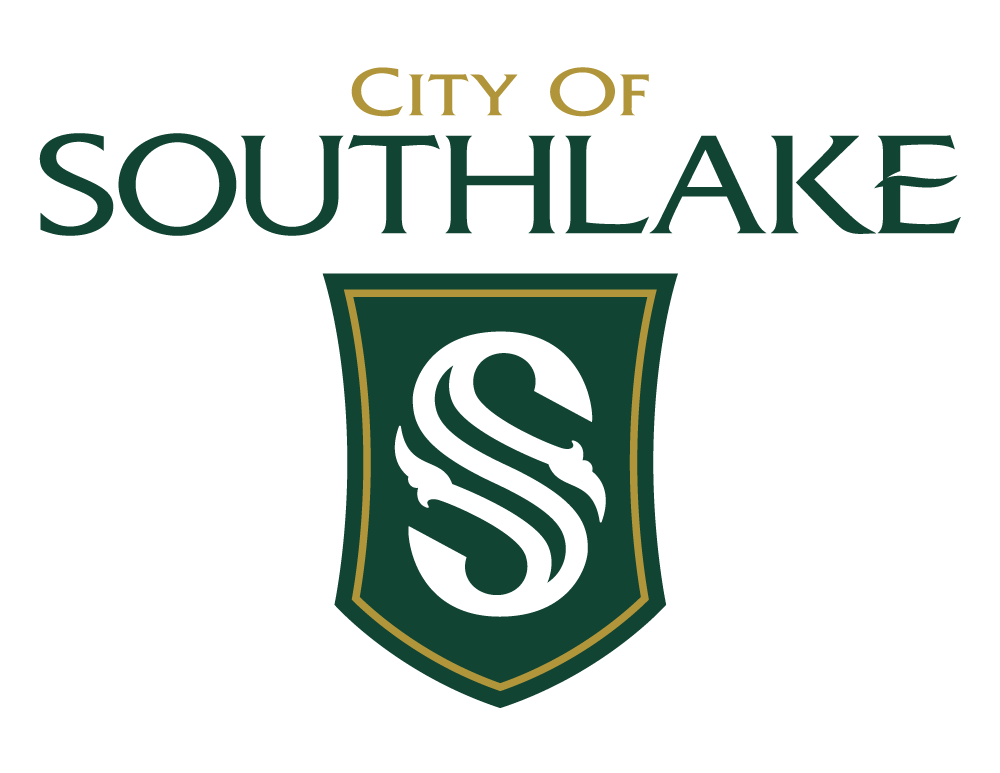
City of Minneapolis Accelerates Digital Accessibility and Cuts Administrative Time in Half by Using Smartsheet to Process Event Permits
The city of Minneapolis uses Smartsheet to automate the processing of 400-500 amplified sound permits yearly, reduce administrative time by 50 percent, and meet accessibility legislation requirements.
reduction in time reviewing and approving event applications
permits processed annually using Smartsheet Automations

“Any given outdoor food event could have more than 50 short-term applications for different food vendors, so we’d have to process hundreds of pages of paper. Now, that’s all done electronically in Smartsheet.”
Senior Business Analyst, City of Minneapolis
Minneapolis is a growing Minnesota city of more than 425,000 residents, located along the Mississippi River. The city is part of the Twin Cities, a sprawling metropolitan area with 3.69 million people.
Each year, Minneapolis hosts thousands of concerts, parties, church services, demonstrations, and other outdoor events. Each event requires the use of an Outdoor Amplified Sound permit to comply with the state law limiting noise to between 7AM and 10PM. For many years, the city used a manual, detailed method of processing each form. City employees received PDF files of permit forms or printed documents turned in by customers that they would have to then manually enter into the city’s Enterprise Land Management System (ELMS). Employees then had to call each customer for credit card payment information or missing details and would often spend a lot of time back and forth to get the information needed. “This entire process was inefficient,” says Scott Gehrig, business process and data analyst for the City of Minneapolis. “Many times, customers wouldn’t answer so we would have to spend time calling back. Also, many of the applications weren’t clear. The event description basically just stated the time that the amplified sound was happening, with no details about the equipment being used.”
The city also faced challenges around event food sponsor permits, which are required for each event serving food. “We used a similar manual process to receive permits and enter the information into another application, and then email that to health inspectors before the event,” Gehrig says. “We processed food permit applications that piled about two feet high in paper every six months. It was clear we needed a more automated way to manage permits.”

Using Smartsheet to Simplify Permitting Processes
Gehrig was familiar with Smartsheet from his time working in a different city department, and he decided to use the tool to manage the city’s outdoor amplified sound and event food sponsor permit processes. “Smartsheet is great at centralizing and streamlining projects and processes, so I knew it was the right solution,” he says.
The city now uses Smartsheet to track all Outdoor Amplified Sound and event food sponsor permit applications.
“We’ve put the permit application [Smartsheet] forms on our website, where customers can fill in the details. The data automatically flows into Smartsheet,” says Gehrig. “This eliminates the need for us to manually send and receive emails and applications.”
The city uses Smartsheet Document Builder to automatically generate permit documents using data from PDFs, Smartsheet, and DocuSign, which contains customer credit card information and digital signatures. Document Builder creates a document each time a customer submits a permit application through the website.
“Smartsheet Document Builder is a complete game-changer for us, because it automates the entire process, and we no longer need to try and track people down to process credit card payments for permit fees,” says Gehrig.
Automated workflows in Smartsheet alert city employees when a new application has been submitted, and workflows also send notifications to police precincts one week prior to an outdoor event, so city employees do not have to spend time sending emails with event details. The city uses the Smartsheet Calendar App to easily visualize all outdoor amplified sound events and food events that need inspection by health department inspectors. Inspectors can digitally sign inspection forms and authorizations, with the data automatically entered into Smartsheet.
Additionally, Minneapolis relies on Smartsheet dashboards to get quick views into the status of seasonal and amplified sound applications and permits. The city also uses dashboards to view updated contract information, so city leaders can closely track city budgets for events.
Automated Processing of 400-500 Permits Per Year
Using Smartsheet, the city of Minneapolis has fully automated its methods for receiving and approving permits. As a result, a team of four people can easily process 400-500 amplified sound permits and 400 food event permits annually. “For event food sponsor permits, there are two applications: an event application, which is 12 pages, and a short-term application, which is 11 pages. Any given outdoor food event could have more than 50 short-term applications for different food vendors, so we’d have to process hundreds of pages of paper. Now, that’s all done electronically in Smartsheet.”
Gehrig and his team also process event contracts automatically in Smartsheet, eliminating the previously manual work of updating contracts in different spreadsheets. “We’re managing more than $150 million in active contracts in Smartsheet,” says Gehrig. “It’s much easier to keep track of each contract now.”

50 Percent Less Time Spent Managing Applications
Through the automation in Smartsheet, the city of Minneapolis spends zero time manually gathering and entering data into its ELMS application from a PDF or email. “We’re saving at least 50 percent of our time to completely process an application by doing it all in Smartsheet,” Gehrig says. Because automation has streamlined permit review, all outdoor amplified sound event permits are approved before the event dates. “We no longer have applications that aren’t being given out as permits, because we can process everything on time,” says Gehrig. The city also uses Smartsheet Update Requests to automatically request updates when an employee assigns a task. “Previously, we had to email someone to request that they update an entry. Smartsheet Update Requests automated that, which saves us time.”
The city will see additional time savings from the use of Smartsheet Artificial Intelligence (AI) tools, which Gehrig is using to generate formulas and text.
“With Smartsheet AI tools, it was easy to build formulas in sheets to mark project due dates on my project list,” Gehrig says. “Using the text feature, I can quickly say what I need and have it generate text on its own. It definitely saves time.”
Easier Compliance with Accessibility Legislation
By using Smartsheet to manage the permit process, the city of Minneapolis can more easily comply with recently-passed federal digital accessibility legislation, which mandates that state and local governments make websites and mobile applications accessible to people with disabilities. “We will be ready to comply with this legislation when it becomes law, because Smartsheet makes it much easier for anyone to enter event details on our web page. The form is built right into the page.”
In the near future, the city expects additional departments to use Smartsheet to automate manual permitting processes. “Smartsheet has really transformed how we do things,” Gehrig says. “We’re eager to see how we can use it to increase efficiency in other areas.”
For more information about this story, please see our case study.








